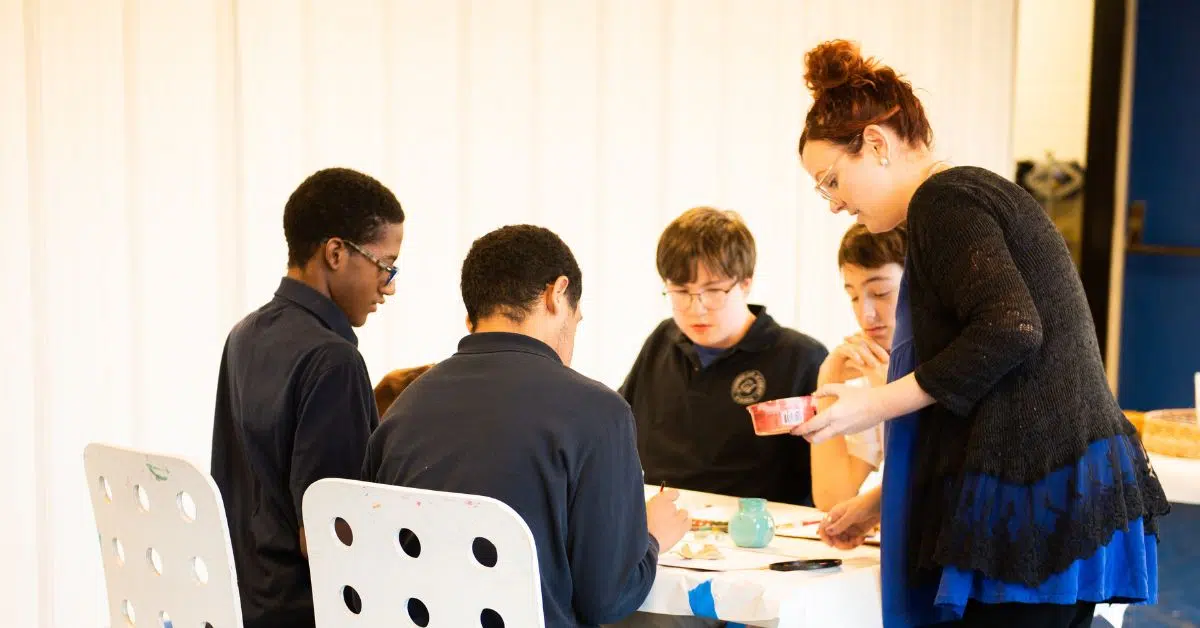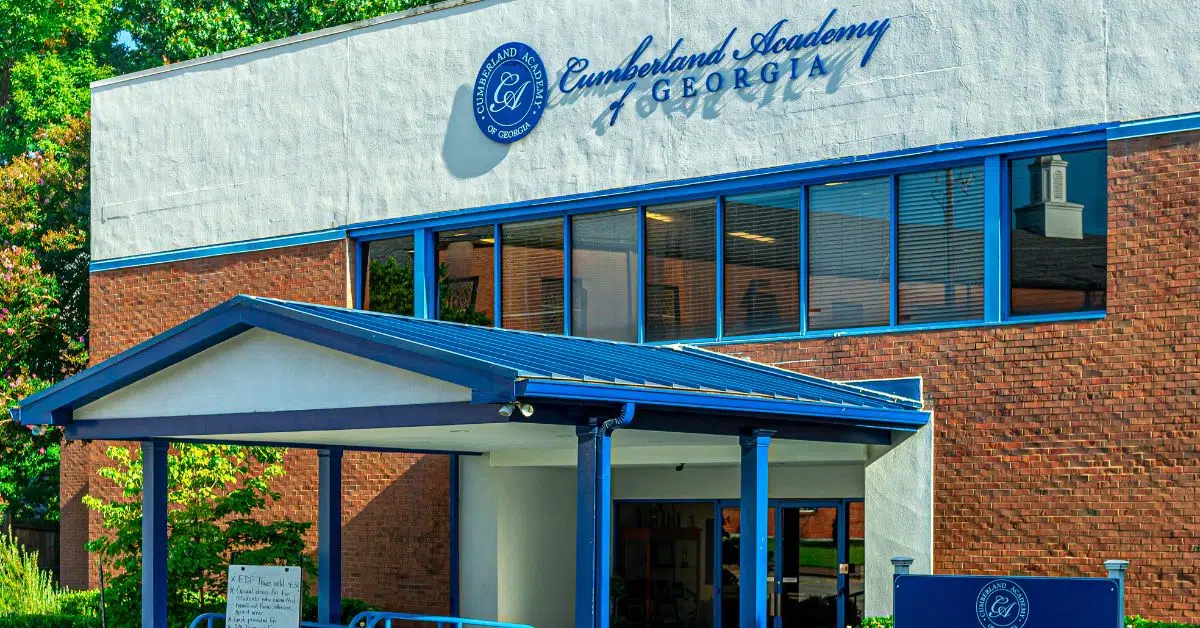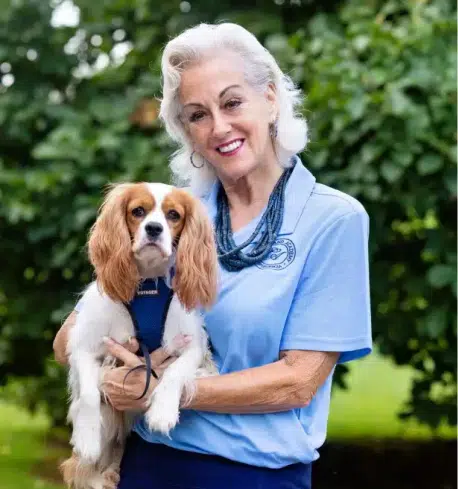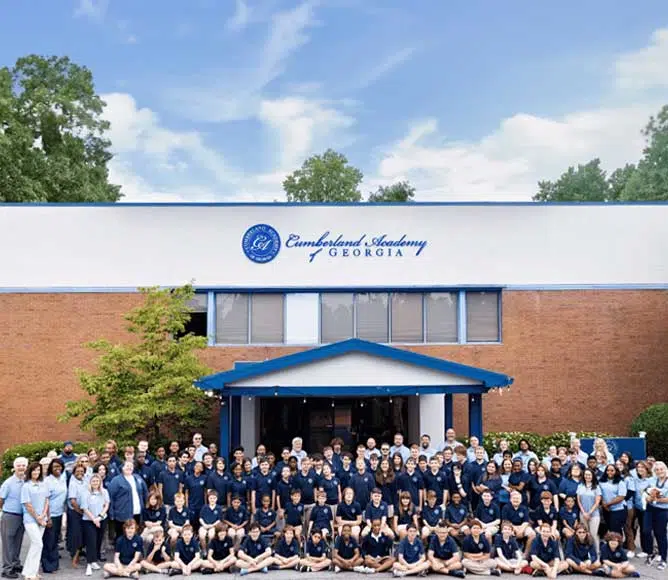How Autism Spectrum High Schools Foster Academic and Emotional Growth

Choosing the right autism spectrum high school can make all the difference in a student’s academic success and emotional well-being. These specialized schools offer a supportive environment tailored to meet the unique needs of students on the autism spectrum. For families in Atlanta and beyond, understanding how these schools work can help them find the right fit for their child’s educational journey.
What Makes an Autism Spectrum High School Different?
An autism spectrum high school is not just a typical educational institution. These schools are designed to support students with autism through specialized teaching methods, smaller class sizes, and sensory-friendly settings. The curriculum integrates both academic goals and essential life skills, creating a balanced, supportive learning environment. Unlike traditional schools, an autism spectrum school ensures that students receive individualized attention, comprehensive support, and an inclusive community. For families in the Atlanta area, this approach is a defining feature of leading Atlanta special needs schools.
Academic Growth at Autism Spectrum High Schools
Personalized Learning Plans
At an autism spectrum high school, personalized learning plans are central to student success. These plans are thoughtfully developed to reflect each student’s strengths, challenges, and preferred learning style. Students, families, and educators collaborate to set meaningful goals and milestones, with regular progress checks to ensure ongoing academic growth.
Small Class Sizes and Specialized Teaching Techniques
Small class sizes are a defining feature of autism spectrum high schools, allowing teachers to provide personalized guidance and instruction. Teachers use a range of strategies, including visual aids to enhance understanding, hands-on projects to encourage active participation, and assistive technologies that improve communication and learning accessibility. These methods create a dynamic, supportive classroom where students can thrive.
Integration of Life Skills with Academics
Life skills are seamlessly integrated into the academic curriculum, helping students prepare for independent living and future employment. In addition to core subjects, students might participate in lessons on financial literacy, where they learn to manage a budget, or digital citizenship, focusing on safe, responsible use of technology. This well-rounded approach ensures that students gain both knowledge and practical skills.
Fostering Emotional and Social Growth
Social Skills Development Programs
Autism spectrum high schools place a strong emphasis on social development. Students engage in structured group activities, mentorship opportunities, and interactive exercises like role-playing. These experiences help students practice communication, build confidence, and navigate social situations with greater ease.
Counseling and Emotional Support Services
Emotional well-being is supported through comprehensive services, including one-on-one counseling, small group sessions focused on emotional regulation, and techniques that help students manage anxiety and build self-esteem. These resources create a safe, nurturing environment that promotes resilience and personal growth.
Community Engagement and Extracurricular Activities
Extracurricular activities, volunteer projects, and adapted sports programs offer students opportunities to explore interests, develop friendships, and strengthen their sense of belonging. These experiences not only enhance emotional growth but also help students discover new passions and build independence.
How Autism Spectrum High Schools Partner with Families
Family involvement is key to student success at autism spectrum high schools. Schools foster this partnership through regular parent-teacher conferences, educational workshops designed to empower families, and digital platforms that keep parents informed about academic progress and upcoming events. This collaborative approach ensures families remain engaged and informed throughout their child’s educational journey.
Why Atlanta Families Choose Autism Spectrum High Schools
Atlanta families often choose autism spectrum high schools because of their focus on individualized education, supportive learning environments, and inclusive programs. Schools like Cumberland Academy of Georgia stand out within the Atlanta special needs schools community for their commitment to both academic excellence and emotional well-being. With specialized programs and a convenient location, these schools are a top choice for families seeking the best for their children.
Key Benefits of an Autism Spectrum High School
- Personalized academic and emotional support
- Small class sizes for focused learning
- Social skills and life skills training
- Dedicated and trained special education staff
- Safe, inclusive, and sensory-friendly environment
What to Look for When Choosing an Autism Spectrum High School
- Accreditation and credentials
- Range of academic and life skills programs
- Teacher qualifications and experience
- Parent involvement opportunities
- Access to therapy and counseling services
Read related article: Empowering Neurodiverse Students at Atlanta’s Best Autism High School
Frequently Asked Questions
What is an autism spectrum high school?
An autism spectrum high school is an educational setting designed specifically for students on the autism spectrum. These schools provide tailored academic programs, emotional support, and social skill development in a structured, inclusive environment.
How do autism spectrum schools support social skills?
These schools foster social growth by offering group projects, peer mentorship opportunities, and interactive activities like role-playing. Such initiatives help students practice communication, develop friendships, and build confidence in social situations.
Are there autism spectrum schools in Atlanta?
Yes, Atlanta is home to several specialized schools for students with autism, including Cumberland Academy of Georgia, which provides comprehensive academic and emotional support programs.
What age groups do autism spectrum high schools serve?
Typically, autism spectrum high schools serve students in grades 6 through 12. Some schools also offer transition programs designed to prepare young adults for post-secondary education, employment, or independent living.
How can I apply to an autism spectrum high school in Atlanta?
Families interested in applying can visit the school’s admissions page to learn about the application process, explore program offerings, and schedule a tour to experience the environment firsthand.
Help Your Child Thrive – Enroll at Cumberland Academy
Selecting the right autism spectrum high school can transform your child’s educational journey, fostering growth both academically and emotionally. At Cumberland Academy, we are dedicated to providing personalized support and a nurturing community where students can thrive.
Contact us today to schedule a tour or learn more about how we can help your child succeed.
Related Posts
Cumberland Academy of Georgia Mourns the Loss of Beloved Founding Board Member and Champion, Valery Voyles
Atlanta, GA — November 11th, 2025 — Cumberland Academy of Georgia is deeply saddened to announce the passing of Valery....
READ POST
Cumberland Academy of Georgia Announces Promotion of Jennifer St. John to Associate Head of School
Atlanta, GA – September 8th, 2025 – Cumberland Academy of Georgia is proud to announce the promotion of Jennifer St.....
READ POST
How Autism Spectrum High Schools Foster Academic and Emotional Growth
Choosing the right autism spectrum high school can make all the difference in a student’s academic success and emotional well-being.....
READ POST

 Call us today! 404-835-9000
Call us today! 404-835-9000 Support Cumberland
Support Cumberland 



